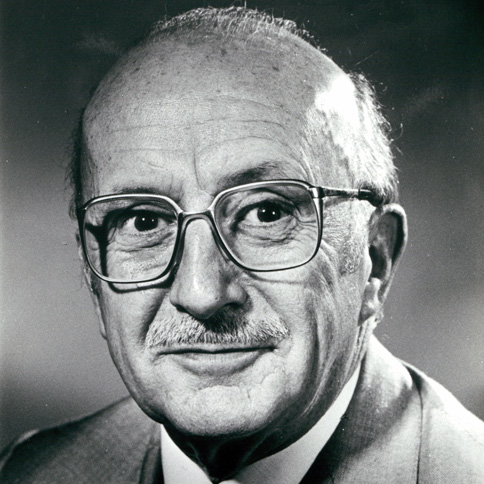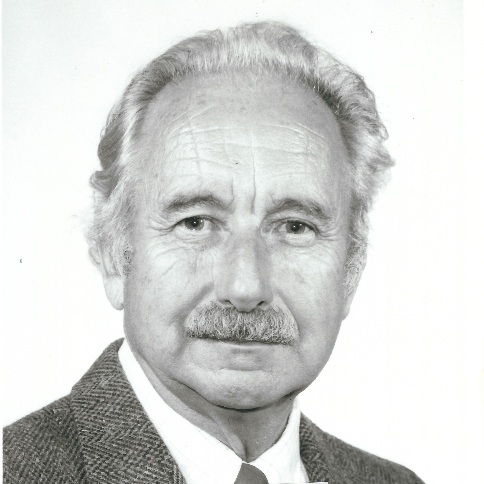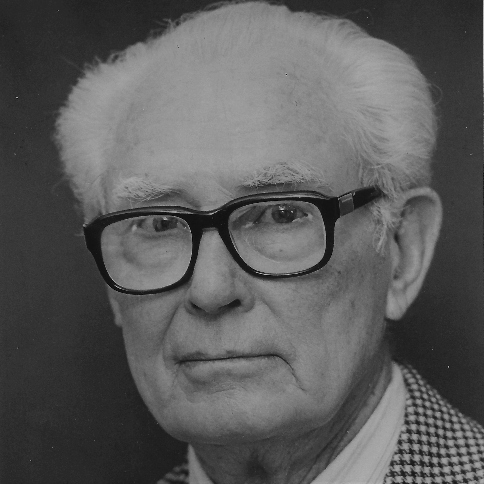
Wendell L. Roelofs
Wolf Prize Laureate in Agriculture 1982

Wendell L. Roelofs
Affiliation at the time of the award:
New York State Agricultural Experiment Station, College of Agriculture and Life Sciences, Cornell University, USA
Award citation:
“for his fundamental chemical and biological research on pheromones and their practical use in insect control”.
Prize share:
None
Wendell L. Roelofs (born in 1938, USA) has made outstanding contributions to fundamental knowledge of insect pheromones and carried out clear demonstrations of the potential value of pheromones in the development of more efficient and environmentally acceptable strategies for the control of pest insects. His original scientific findings may be applied, with success, to the monitoring and control of insect pests damaging to crops or livestock. Practical application of the results of this scientific research in ways benefiting humanity is then on records in a field of immense importance to the whole world: insect damage to crops during growth, or after harvest under poor storage conditions, produce losses variously estimated as between 20% and 50% of the potential harvest.
Pheromones are specific chemical compounds emitted by insects, which affect the behavior of other individuals of the same species. These compounds are responsible for the communication between conspecific insects. The most known ones are the sex pheromones, which are released by the young female insects, dispersed in space and attract males from distances of hundreds of meters.
Following the chemical identification of a number of such pheromones and the study of the biological activity, the road was open for implementation of this knowledge in two major practical ways: a) monitoring of insect pest populations by means of pheromone-baited traps and dispensers, whether of natural or synthetic origin. b) direct insect control by mass trapping, using traps as mentioned above and/or by disruption of the chemical communication of the insect population through over saturation of the environment with an overdose of pheromone preparations. Thus serious pests can be suppressed without recourse to dangerous toxic pesticides.
In various countries, including Israel, such methods are already applied inter alia for the control of major cotton pests, as well as in fruit tree orchards and citrus groves.





























































































